Keywords: Archbishop Mannix
-

AUSTRALIA
- Peter Craven
- 05 December 2024
Tom Hughes, who passed away at 101, was a towering figure in Australia’s legal and political history. A barrister of dazzling skill, an Attorney-General with a penchant for reform, and a man of unshakable conviction, Hughes combined wit, charm, and grit to shape justice and inspire a legacy beyond party lines.
READ MORE
-

ARTS AND CULTURE
- Paul Mitchell
- 23 June 2023
1 Comment
Renowned author and academic Tony Birch is known for his insightful and compelling narrative explorations into societal issues like marginalisation, Aboriginal identity and racial struggles. In conversation with Paul Mitchell, Birch discusses his work, the unique intersection of academia and creative writing, and the profound impact of historical dispossession.
READ MORE 
-
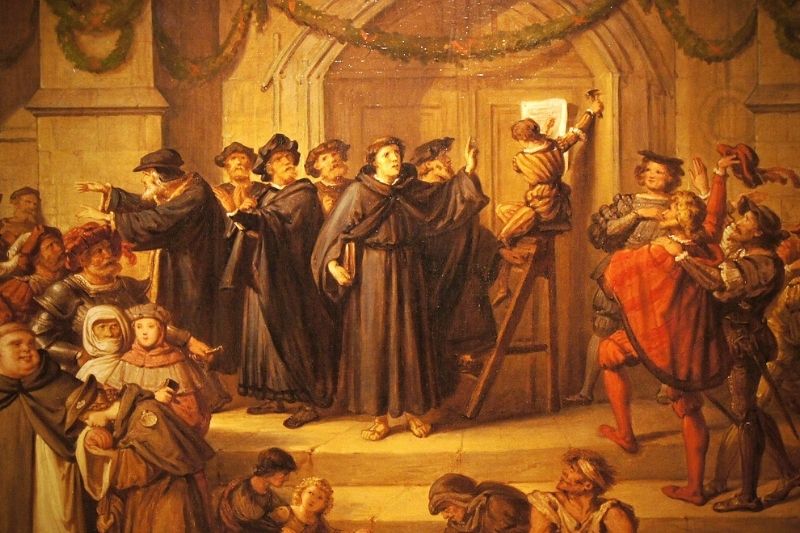
RELIGION
- Andrew Hamilton
- 26 October 2022
10 Comments
What would the world have been like today if the Reformation had not happened? Would it really have been a better Church and a better world? And how, indeed, can we evaluate these enormous historical events?
READ MORE 
-
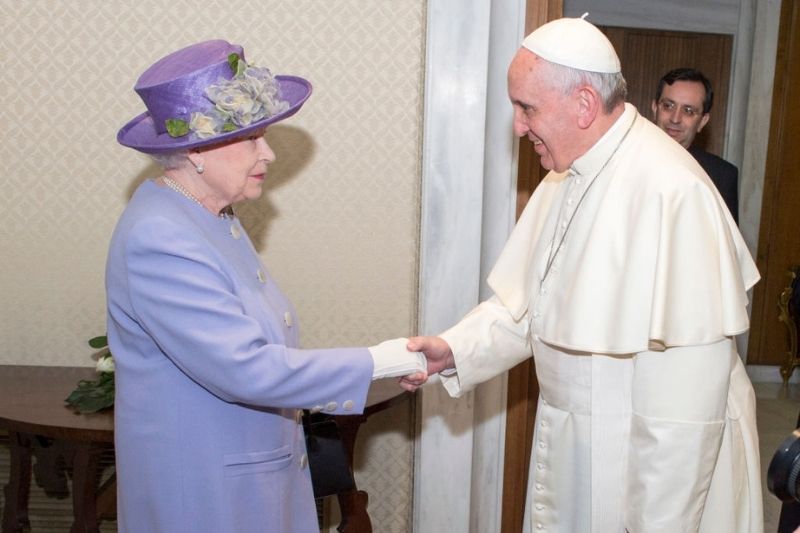
RELIGION
- John Warhurst
- 13 September 2022
7 Comments
Republican sentiments from prominent Australians did not ever preclude great personal admiration for Queen Elizabeth for her devotion and service. Now, following her death, attention has particularly turned to her Christian faith. Following the lead of Pope Francis, the Australian bishops have joined in widespread community admiration. Pope Francis spoke of ‘her steadfast witness of faith in Jesus Christ and her firm hope in her promises’.
READ MORE 
-

AUSTRALIA
- Andrew Hamilton
- 17 August 2022
4 Comments
Few Australians of Irish descent will now be familiar with this history and the experience that accompanied it. They would see themselves as simply Australian. But the emphasis on social justice, the recognition of the value of community, and the concern for people who are marginal that are communicated through Catholic schools and the sympathy with the underdog owe much to the Irish heritage.
READ MORE 
-
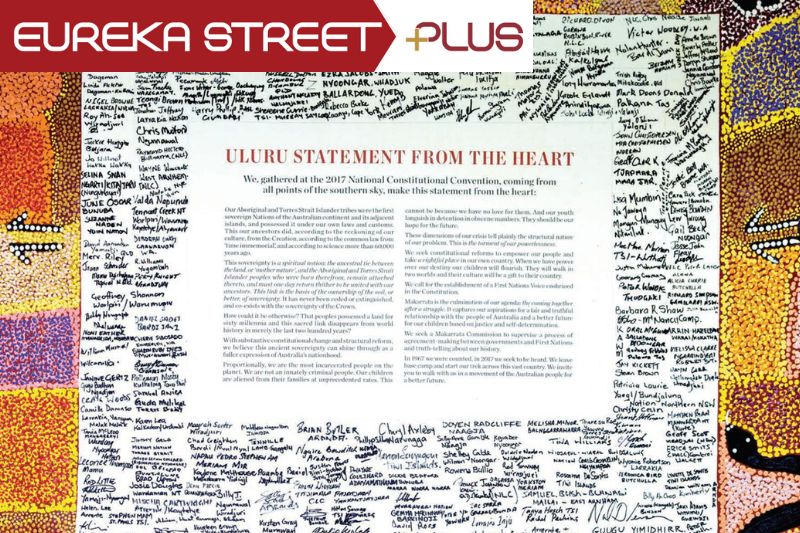
AUSTRALIA
- Frank Brennan
- 17 August 2022
2 Comments
We need to be able to do more than simply give notional assent to the Uluru Statement. We need to be able to contribute to the hard thinking and difficult discussions to be had if the overwhelming majority of our fellow Australians are to be convinced of the need for a Voice in the Constitution.
READ MORE 
-
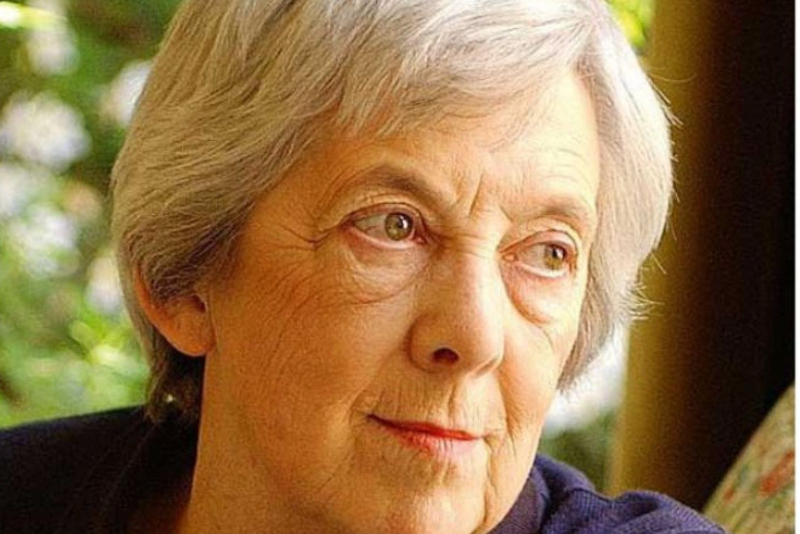
ARTS AND CULTURE
- Andrew Hamilton
- 28 April 2022
4 Comments
The quality of Niall’s writing is evident in An Accidental Career, though easily unnoticed. It lies in the clarity of her thought, her exact choice of words, the alternation of anecdote and reflection and the self-effacement that creates a direct link between the reader and the work itself. Her writing has the rare gift of simplicity. The precision of the title is characteristic of the book as a whole.
READ MORE 
-
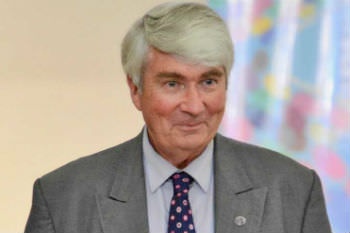
RELIGION
- Frank Brennan
- 01 March 2019
2 Comments
'John was Catholic to his bootstraps: Catholic, Irish Australian, a Labor man and a Carlton supporter. He'd have loved the inaugural speech delivered in the Victorian Parliament last month by the new Labor member for Hawthorn.' — Frank Brennan, Great Hall University House, Australian National University, 1 March 2019.
READ MORE
-
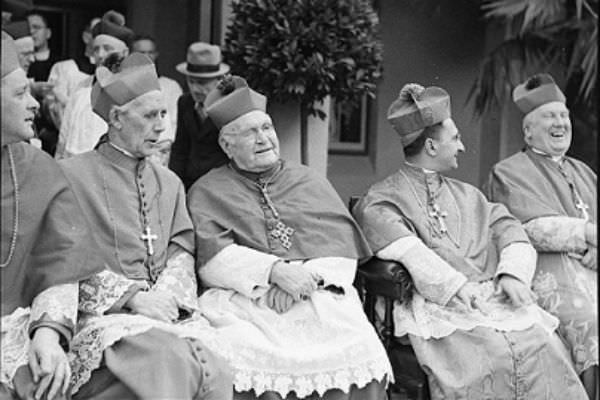
RELIGION
- Nick Brodie
- 11 September 2018
4 Comments
Catholics gathered in the wake of a time of great hardship, and in Christ's name sought the common good. Aware of continuity with the Apostles, the bishops recognised that the church changed through history. It was both progressive and conservative in parts, but not regressive.
READ MORE 
-

EDUCATION
- Andrew Hamilton
- 06 June 2018
16 Comments
Tony Taylor's study of the funding of Australian schools from the time when Menzies first aided Catholic schools until today explains how school funding has come to pose such an intractable problem for governments. It is also a lament for so many lost opportunities to build an educational framework that would open opportunity to all.
READ MORE 
-
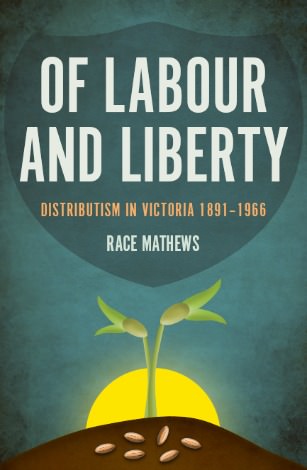
RELIGION
- Andrew Hamilton
- 05 April 2017
6 Comments
It can be disconcerting to hear our family history told by a sympathetic outsider. I found Race Matthews' new book that treats Catholic engagement in public social issues fascinating in that respect. Matthews' perspective is that of a member of the Labor Party who admires Catholic Social Teaching, especially its commendation of the communal ownership of business enterprises. He sees the possibilities this presents for the reform of Australian society, particularly if adopted by the Labor Party.
READ MORE 
-

RELIGION
- Andrew Hamilton
- 19 May 2016
13 Comments
The bishops speak less trenchantly than Pope Francis, who criticises sharply the assumptions and practices of neoliberal economics. But in the context of this election, they add their voice to that of those who are concerned about economic assumptions that enrich the few and exempt corporations and business from social responsibility. Their statement will encourage those who see the now notorious behaviour of banks, finance business and corporations as symptomatic of a vicious economic ideology.
READ MORE 